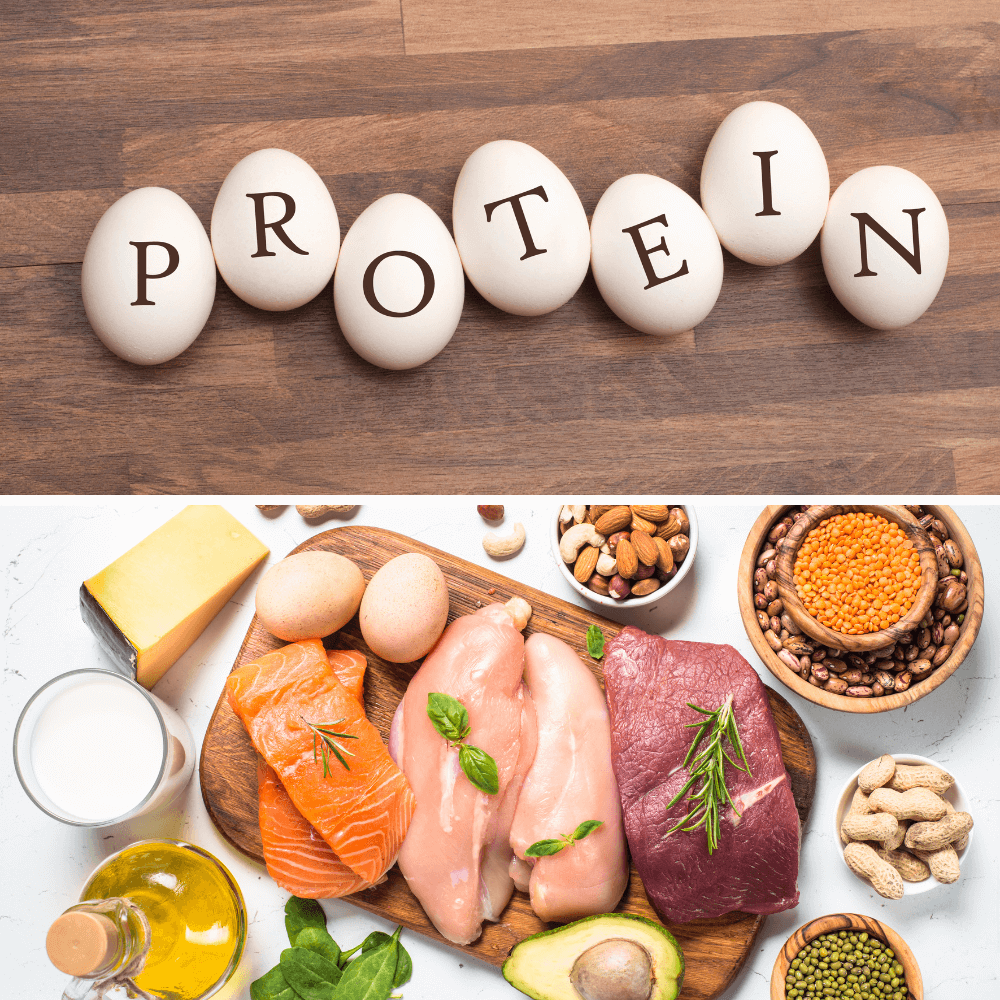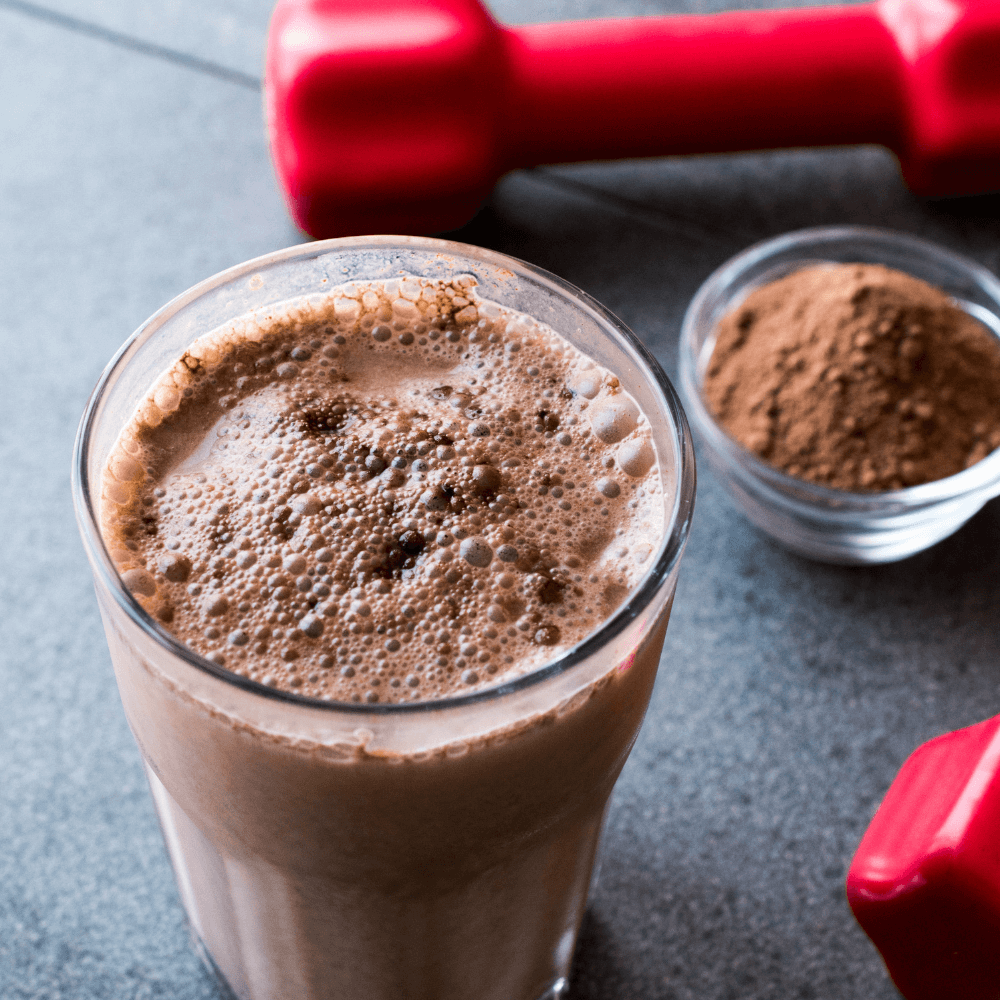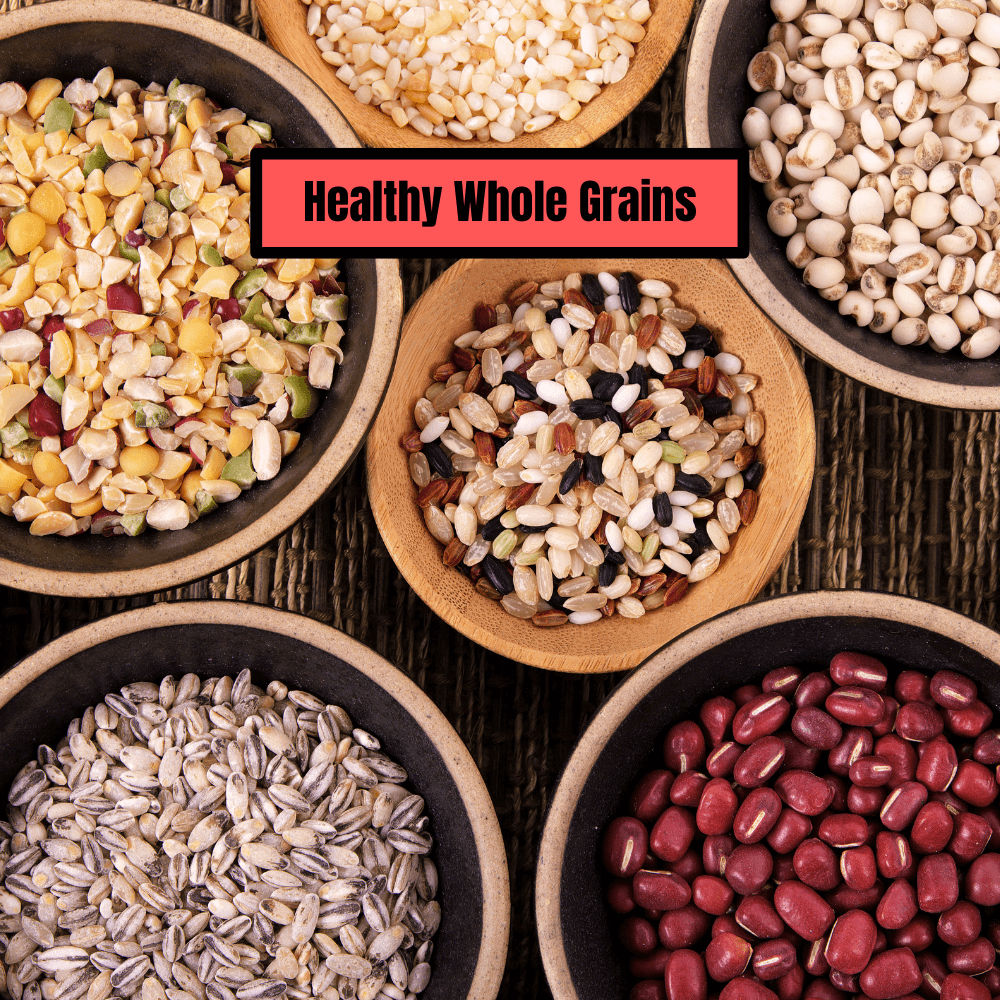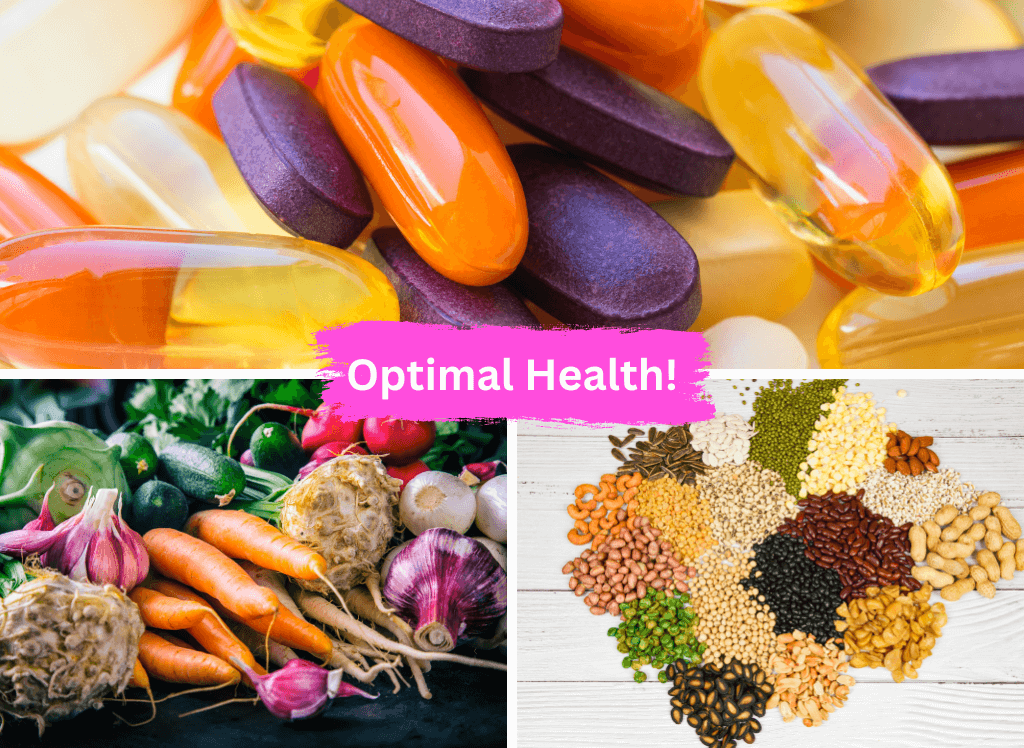Many people are concerned about their energy levels, and rightly so, as energy is essential for daily activities. There are several ways to boost energy levels, such as getting enough sleep, staying hydrated, and consuming a diet rich in the right nutrients.
Among these nutrients, protein is often touted as a source of energy. In this report, we will explore the role of proteins in providing energy to the body and answer the question, "Do proteins give you energy?"

What are Proteins?
Proteins are macronutrients made up of amino acids. They are essential for the growth, repair, and maintenance of the body's tissues, muscles, and organs. Proteins also play a critical role in the formation of enzymes, hormones, and antibodies.
Protein Digestion
The digestion of proteins begins in the stomach, where hydrochloric acid and enzymes break down the protein into smaller units called peptides. Peptides are then further broken down into individual amino acids in the small intestine.
These amino acids are then absorbed into the bloodstream and transported to various parts of the body.
How do Proteins Provide Energy?
While carbohydrates and fats are the body's primary sources of energy, proteins can also provide an energy source, under certain circumstances. When the body has used up its glycogen stores (the stored form of glucose in the body) and glucose is not readily available, the body can break down proteins to provide energy.
This process is called gluconeogenesis, where amino acids are converted into glucose by the liver.

Protein and Exercise
Protein is also important for exercise and physical activity. During exercise, muscles undergo wear and tear, and protein is required for repair and maintenance.
Additionally, protein can help improve muscle strength and endurance, making it an important nutrient for athletes and those who engage in physical activity.
Protein Requirements
The amount of protein needed varies depending on several factors, such as age, gender, body weight, and activity level. According to the Dietary Reference Intake (DRI), the recommended daily intake of protein is 0.8 grams per kilogram of body weight for adults.
However, athletes and those engaging in intense physical activity may require more protein to support muscle growth and repair.
Sources of Protein
Protein can be found in both animal and plant-based foods. Animal sources of protein include meat, poultry, fish, and dairy products, while plant-based sources include legumes, nuts, seeds, and whole grains like whole wheat bread, quinoa, and brown rice just to name a few. These types of protein give you energy.
It is essential to consume a variety of protein sources to ensure adequate intake of all essential amino acids.

Best types of proteins
Protein is an essential macronutrient that is important for muscle growth and repair, immune function, and overall health. There are many different types of protein, each with its unique set of benefits. Some of the best types of proteins include whey protein, casein protein, and plant-based protein sources.
Whey protein is a high-quality protein that is quickly absorbed by the body, making it ideal for post-workout recovery. It is a complete protein, meaning that it contains all nine essential amino acids that the body cannot produce on its own. Whey protein can come in isolate or concentrate form, with isolate containing a higher percentage of protein and fewer carbs and fats.
Casein protein is another high-quality protein that is found in milk. Unlike whey protein, casein is slowly digested by the body, making it ideal for use before bed or as a meal replacement. It is also a complete protein and contains all nine essential amino acids.
For those following a plant-based diet, there are several great sources of protein. Soy protein is a complete protein that is rich in all essential amino acids, making it an excellent choice for vegetarians and vegans.
Other plant-based protein sources include pea protein, hemp protein, and brown rice and protein. These sources may not be complete proteins on their own, but they can be combined to create a complete protein profile.
Overall, the best type of protein will depend on individual needs and preferences. It is important to consume a variety of protein sources to ensure a healthy fats well-rounded diet and to meet daily protein requirements.

How does protein consumption affect metabolism?
Protein has a thermogenic effect on the body, which means that it requires more energy to digest and absorb than consuming carbohydrates or fats. This process is known as the thermic effect of food (TEF), and it can increase metabolism by up to 30%. In other words, consuming protein can help to boost your metabolism, which can lead to increased energy levels and weight loss.
Additionally, protein plays a key role in muscle building and repair, which can also impact metabolism. The more muscle mass you have, the more calories your body burns at rest. Therefore, consuming adequate amounts of protein can help to build and maintain muscle mass, which can increase your metabolic rate and energy levels.
Can lack of protein make you tired?
Yes, a lack of protein in the diet can make you feel tired and fatigued. Protein plays a crucial role in the body's energy production process, as it is used to build and repair tissues, including muscle tissue. Protein is also necessary for the production of enzymes and hormones, which regulate various bodily functions.
When there is a lack of protein in the diet, the body may break down muscle tissue to obtain the necessary amino and essential fatty acids. This can result in muscle weakness and fatigue.
Additionally, a lack of protein can lead to a decrease in the production of important hormones and enzymes, further contributing to feelings of tiredness and lethargy.
It is important to consume adequate amounts of protein in the diet to avoid deficiencies and maintain optimal energy levels. The recommended daily intake of protein varies based on age, gender, and activity level, but in general, adults should aim to consume 0.8 grams of protein per kilogram of body weight per day. Good sources of protein include lean meats, fish, eggs, dairy products, legumes, nuts, and seeds. Consuming protein is the building blocks for a healthy body.
The role of protein in maintaining blood sugar levels
Protein can also help to maintain stable blood sugar levels, which can impact energy levels throughout the day. When you consume carbohydrates, they are broken down into glucose and released into the bloodstream, causing a spike in sugar levels. This spike is typically followed by a crash, which can lead to feelings of fatigue and low energy.
However, when protein is consumed along with carbohydrates, it can slow down the absorption of glucose into the bloodstream, leading to a slower rise in blood sugar levels and a more sustained release of energy. This can help to prevent energy crashes and promote stable energy levels throughout the day.
In addition, protein can help to promote feelings of fullness and satiety, which can prevent overeating and subsequent blood sugar crashes. Overall, consuming protein along with carbohydrates can help to maintain stable blood sugar levels and promote sustained energy levels throughout the day.

FAQs
Are their different kinds of protein powders?
There are a variety of protein powders available on the market today, each with different properties and benefits. Rice protein powder is a vegan-friendly option that is easy to digest and light on the stomach. Soy-free protein powder is great for anyone with a soy allergy or sensitivity. For those looking to bake, Best Protein Powder for Baking provides a boost in both nutrition and flavor. Best Protein Powder for Hair Growth is specially formulated to nourish strands from within. Lastly, Best Protein Powder for Weight Gain can help you reach your fitness goals quickly and efficiently.
Can consuming too much protein be harmful to the body?
Yes, consuming excessive amounts of protein can be harmful to the body and may lead to kidney damage, dehydration, and other health problems.
Is it necessary to consume protein immediately after exercise?
While consuming protein immediately after exercise can be beneficial for muscle repair and recovery, it is not necessary. Consuming protein throughout the day in adequate amounts is more important.
Can protein powders replace whole food sources of protein?
While protein powders can be a convenient and easy way to increase protein intake, they should not replace whole food sources of protein. Whole foods provide a variety of nutrients that are not present in protein powders.
Can vegetarians and vegans get enough protein from plant-based sources?
Yes, vegetarians and vegans can.
What gives more energy carbs or protein?
Carbohydrates provide the body with quick energy, while protein provides more sustained energy. Carbohydrates are broken down into glucose, which is then used by the body for energy production. This process is fast and efficient, providing a quick burst of energy that is ideal for high-intensity activities or short bursts of exercise.
Protein, on the other hand, is broken down into amino acids, which are used to build and repair tissues, including muscle tissue. This process is slower and less efficient than carbohydrate metabolism, but it provides more sustained energy over a longer period of time.
Therefore, both carbohydrates and protein are important for optimal energy levels. Carbohydrates are ideal for providing quick energy for high-intensity activities, while protein is important for sustained energy and muscle maintenance.

Conclusion
Proteins are an essential nutrient required for various functions in the body, including growth, repair, and maintenance. While proteins are not the body's primary source of energy, they can be used for energy under certain circumstances.
Consuming a balanced diet that includes adequate protein, along with carbohydrates and fats, is the building blocks for crucial optimal health and energy levels.
We hope this report has given you the information you were looking for. If you're in the market to find the a good protein powder to help maintain stable blood sugar level, which can impact energy levels throughout the day, click the link below to find our top picks.
Thanks for reading and hope you have a happy health journey!









